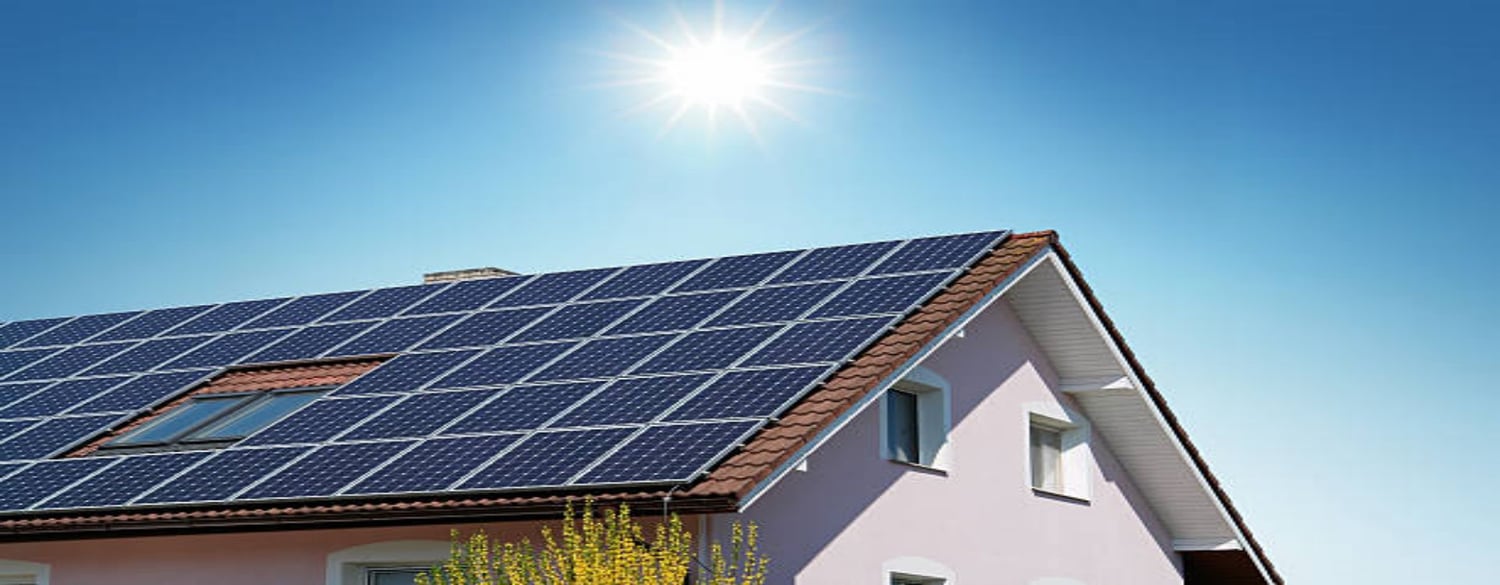Introduction to solar blanket 120W TechnologyThe solar blanket 120W is a versatile and portable solar panel solution designed to harness solar energy efficiently. Unlike rigid solar panels, these blankets are lightweight, flexible, and built with durable materials that make them ideal for outdoor enthusiasts, campers, and emergency preparedness. The 120W power rating provides a robust energy output capable of charging multiple devices and small appliances, making it a critical tool for sustainable energy on the go.Design and Portability FeaturesOne of the most appealing attributes of a solar blanket 120W is its foldable, compact design. Unlike traditional solar panels, solar blankets can be easily packed into backpacks or storage compartments. The material is typically made from high-quality, tear-resistant fabric integrated with photovoltaic cells, allowing for enhanced durability while maintaining flexibility. This enables users to lay the blanket over uneven surfaces or even drape it, maximizing sunlight exposure.Energy Efficiency and Power OutputThe 120W solar blanket delivers substantial energy output, converting sunlight into usable electricity with high efficiency rates. This wattage is sufficient for charging smartphones, GPS devices, cameras, and even small power banks rapidly. Many solar blankets incorporate monocrystalline or polycrystalline solar cells to enhance performance during partial shade or less-than-ideal weather conditions, optimizing the energy yield.Applications in Outdoor RecreationSolar blanket 120W products are highly popular among outdoor enthusiasts such as hikers, campers, and RV users. Their lightweight, flexible design allows easy integration into camping gear or vehicle setups to provide a renewable power source away from traditional electrical outlets. Whether powering LED lights at a campsite or charging communication devices, these solar blankets ensure energy reliability in remote locations.Role in Emergency PreparednessEmergency preparedness is another critical application for solar blanket 120W models. During power outages, natural disasters, or unexpected travel complications, a portable solar blanket can provide an independent, renewable source of energy. Its ability to charge essential smartphones, radios, and flashlights enhances safety measures and helps maintain communication when conventional power infrastructure is compromised.Compatibility with Battery Storage SystemsMost solar blanket 120W units feature built-in USB ports or DC outputs, making them compatible with various battery storage solutions such as power banks and portable battery packs. Integrating a solar blanket with a battery system allows users to store generated energy and use it when sunlight is unavailable, making it an efficient day-to-night power solution for off-grid lifestyles.Environmental Impact and Sustainability BenefitsUtilizing a solar blanket 120W helps reduce carbon footprints by offering a clean and renewable energy source. These blankets contribute to decreasing reliance on fossil fuels and lowering greenhouse gas emissions. By adopting portable solar technology, outdoor enthusiasts and emergency responders alike can promote eco-friendly practices without sacrificing convenience or power needs.Installation and Maintenance EaseSolar blanket 120W devices are designed for easy setup and minimal maintenance. Unlike traditional solar panels that can require fixed mounting structures, solar blankets can simply be laid out in sunlight. Their rugged fabric and weather-resistant coatings minimize damage from rain or dust. Regular cleaning with a soft cloth is generally sufficient to maintain optimal performance, ensuring hassle-free operation.Cost-Effectiveness Compared to Fixed Solar PanelsWhen evaluating price-performance ratios, solar blanket 120W options often present a cost-effective alternative to rigid solar panel setups. Due to their lightweight and portable nature, they reduce transportation and installation costs significantly. Moreover, their multipurpose applications across scenarios make them a practical investment for users seeking flexible renewable energy solutions without the expense of permanent installations.Future Trends and Technological AdvancementsThe solar blanket 120W market continues to evolve with advancements in photovoltaic efficiency, improved materials, and enhanced durability. Emerging technologies such as bifacial solar cells and nanotechnology coatings promise to increase output and weather resistance even further. As interest grows in portable solar devices, future iterations of the 120W solar blanket are expected to offer smarter connectivity, faster charging capabilities, and integration with smart home or mobile systems.Quote Inquirycontact us










